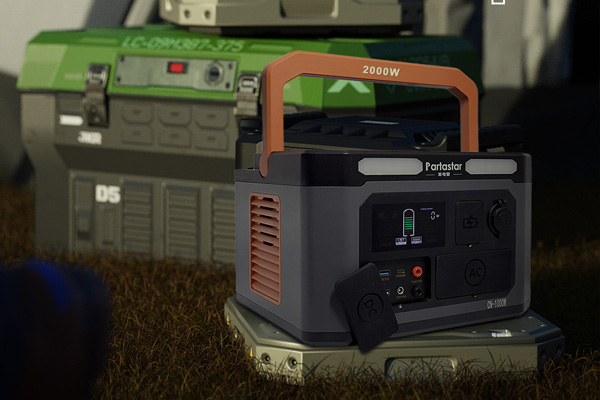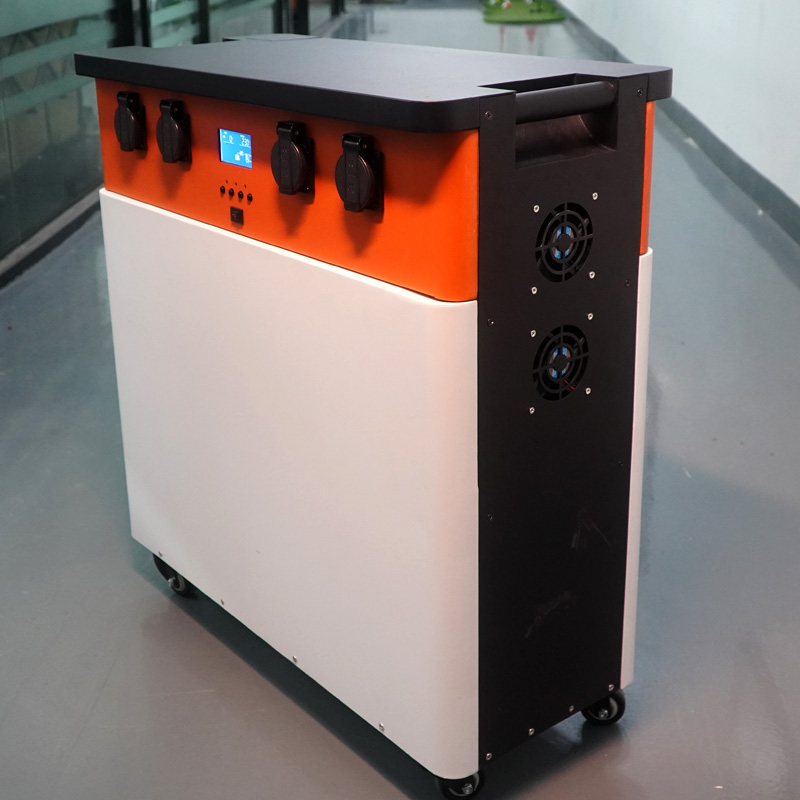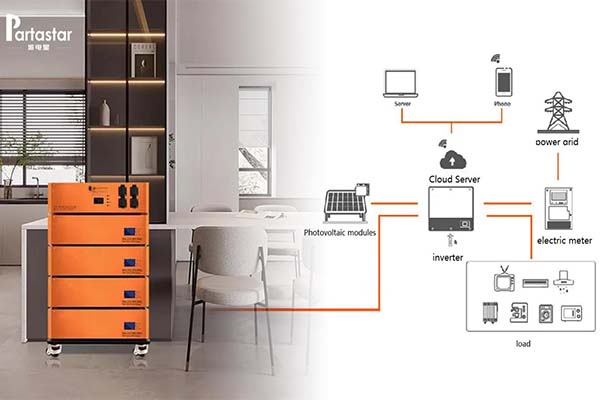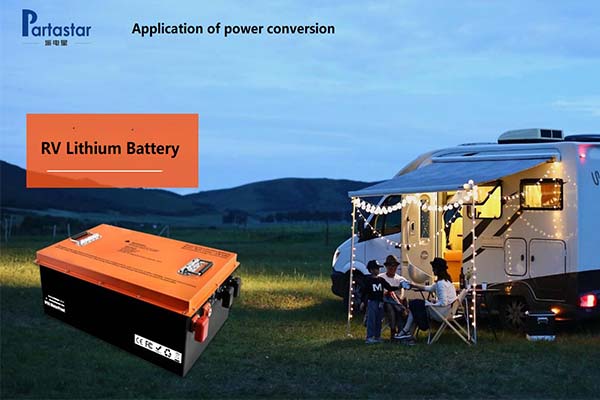Power outages can happen at any time and for a variety of reasons, such as natural disasters, equipment failure, or even human error. When the power goes out, it can be a stressful experience, especially if it lasts for an extended period. In this article, we will discuss how to get power in an emergency and what you can do to prepare for a power outage.
1. Backup Power Sources:
Having backup power sources is essential during a power outage. Generators are the most common backup power source. They are available in various sizes, and you can choose one depending on your power requirement. Generators can run on gasoline, diesel, or propane. They provide a reliable source of power and can run for several hours or even days if you have enough fuel. Solar power is another excellent backup power source if you live in an area that receives a lot of sunlight. Solar panels can be installed on your roof or in your backyard. They can generate electricity during the day and store it in batteries for use during a power outage. Battery backup systems are becoming increasingly popular as a backup power source. They consist of a battery bank, an inverter, and a charge controller. The battery bank stores the energy, and the inverter converts it into usable electricity. The charge controller ensures that the battery is charged properly. Fuel cells are a relatively new backup power source. They use hydrogen and oxygen to produce electricity. Fuel cells are efficient, quiet, and environmentally friendly. However, they are expensive, and the fuel can be difficult to obtain.

2. Unplug Appliances:
During a power outage, it is essential to unplug your appliances to protect them from power surges when the power comes back on. Power surges can damage your appliances and electronics. To prevent this, unplug all non-essential appliances and electronics, such as TVs, computers, and game consoles.
3. Use Battery-Powered Devices:
Having battery-powered devices can be helpful during a power outage. Flashlights, lanterns, and radios are essential items to have. Make sure you have extra batteries on hand, and keep them in a cool, dry place. You can also use your smartphone as a flashlight but make sure to conserve your battery.
4. Keep Non-Perishable Food:
During a power outage, your refrigerator and freezer may not work. Keep non-perishable food items, such as canned goods, peanut butter, and crackers, on hand. Make sure to have a manual can opener and utensils to eat with. Store food in a cool, dry place, and keep it away from direct sunlight.
5. Portable Chargers:
Portable chargers are an excellent way to keep your devices charged during a power outage. They come in various sizes and can charge your smartphone, tablet, or other devices. Make sure to keep them charged and ready to use.
6. Stay Warm:
During a power outage, your heating system may not work. It is essential to stay warm to prevent hypothermia. Use blankets, sleeping bags, and warm clothes to stay warm. If you have a fireplace or wood stove, you can use it to heat your home. Make sure to have plenty of firewood on hand.
Getting power in an emergency requires preparation and planning. Backup power sources, such as generators, solar power, battery backup systems, and fuel cells, are essential during a power outage. Unplugging appliances, using battery-powered devices, keeping non-perishable food, using portable chargers, and staying warm are other ways to prepare for a power outage. It is essential to have a plan in place and to be prepared for a power outage. Stay safe and be prepared.



